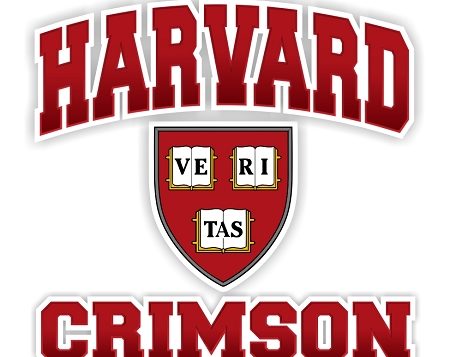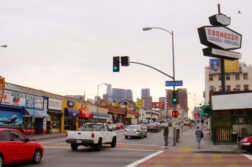Bliss was it that dawn to be alive,
But to be young was very heaven!
– WORDSWORTH
As a witness to the French Revolution, Wordsworth was inspired by the invigorating political developments and the ecstatic and erotic connections of redblooded young men and women.
I knew another such dawn. My final years of graduate study at Harvard, 1967 to 1970, coincided with the surging tide of America’s youth revolution: Protesting the Vietnam war! Advocating for civil rights! Expanding our minds with pot and acid! And the Stonewall riots! Victory was in the air, thanks to us!
I also had inklings of heaven: I was still young, and as I slowly emerged from the closet, I had hope for real love.
Heaven arrived for me one evening late in April ’69, during the second week of the Harvard Strike. I remember every detail– but I had no notion until much later that this was the zenith of my romantic and erotic life, a paradise revisited in sweet memory in every one of the 630 months since then – a paradise eagerly sought but never fully recaptured in 52 years of my energetic gay life.
* * * *
The year I came together with Nick, I was a Winthrop House tutor with rooms on the fourth floor of Claverly Hall, looking out over Mt. Auburn Street. I can picture it all now: the Lampoon Castle, the Spee Club, Lowell House… I was still a practicing bisexual, open about my series of girlfriends and secretive about my occasional encounters with boys from the College.
Nick Gagarin lived in a different House and I might never have met him if the year before, George Lindsay hadn’t brought him to my table in Winthrop’s dining hall. Nick was something: beautiful, aristocratic, and charming. Not to mention talented. He was the editor of the Harvard Crimson, a member of the Signet Society, and he wassoon to write a novel (Windsong). He wrote a series of Crimson articles about Esalen Institute in Big Sur, not far from UC Berkeley where I’d been an undergraduate. That, and our mutual radical politics, gave us a lot to talk about during the fevered weeks of the Strike, when we kept finding each other by chance. And then the breakthrough evening: a goodbye in Quincy House yard. I took both of his hands in mine.
I phoned him a half-hour later: “Nick, I have to say this: I’m really, really attracted to you.” Nothing more was said. But a few minutes after, a knock came at my door.
* * * *
The late-night knock on the door of Claverly 31; Nick and I in a passionate embrace, acknowledging all that had been hidden. Me on top of him on my red carpet, clasping his pale slender body; my left hand caressing his long ,wavy hair and my right hand lifting him by the small of his back. Such sweet kisses! The window was open to the mild spring evening and the agitated murmurs of Revolutionary Harvard.
And after, we shared long confessional expressions of feelings about gay desire and love. I had not imagined that life could be so glorious.
I sensed that night that I was more hopeful than he was about being gay. That difference widened in the months to come, with tragic consequences.
* * * *
There were more blissful connections with Nick in my last year at Harvard– most memorably, very late one night at Esalen, alone together in the roughhewn hot springs just above the Pacific surf.
The year ended. My doctorate was granted. Then, I headed back to California to try to make a life for myself in San Francisco. To my delight, Gay Liberation was far advanced there, and a role for me in it soon unfolded. Comfortable, inexpensive Victorian housing; part-time teaching at SF State; exploring the great city in my little Mini-Moke— and sex by the square mile. But no great love.
I ought to have contacted Nick. I could’ve said, “It’s a great scene here. We’ve learned to be proud of being gay. You should come see for yourself. You’ll feel good about who you are– and anyway I love you as much as I’ve loved anyone.” But I didn’t call. I imagined his East Coast life unfolding brilliantly, a promising talent shining forth in his early 20’s. We were like Vidal and Capote: “his roots are there, he’s a Golden Boy, I’m just a California kid struggling to find some sort of career…”
As it happened, my career flourished after a slow start. But there was no golden road for Nick. I knew of his struggles about being gay and as I learned much later, his anxiety was magnified by his family situation. He was the youngest of three boys in a high-achieving Russian-American household.. He couldn’t deal with it. Early on Thanksgiving morning 1971, Nick took his father’s pistol, went to the living room, and killed himself.






